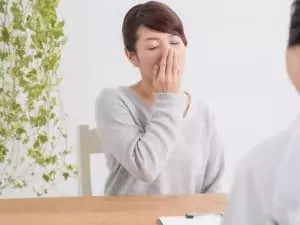Do you constantly feel fatigued during the day despite getting the recommended 7-9 hours of sleep? Do you snore loudly or wake up gasping for air during the night? You may be one of the 22 million Americans affected by sleep apnea. The good news is that dental treatment can help manage this condition and…
Author: Houston Sleep Solutions Blogger
Why Treating Sleep Apnea is Important: Understanding the Dangers of this Condition
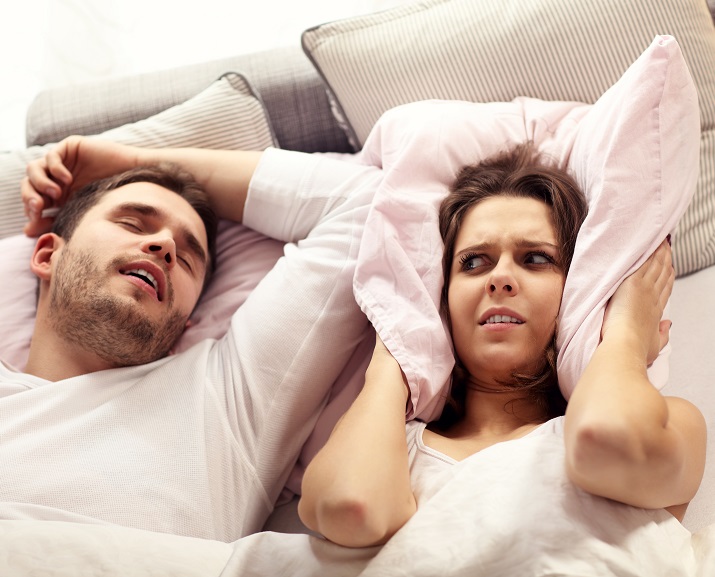
Sleep apnea is a serious condition where you experience shortness of breath during sleep. It is caused by the airway becoming blocked while a person is asleep, resulting in breathing difficulties that can lead to major health complications. Sleep apnea is a condition that affects millions of people worldwide, and it is essential to know…
Sleep Apnea Mouthpieces: A Dental Solution to a Restful Night
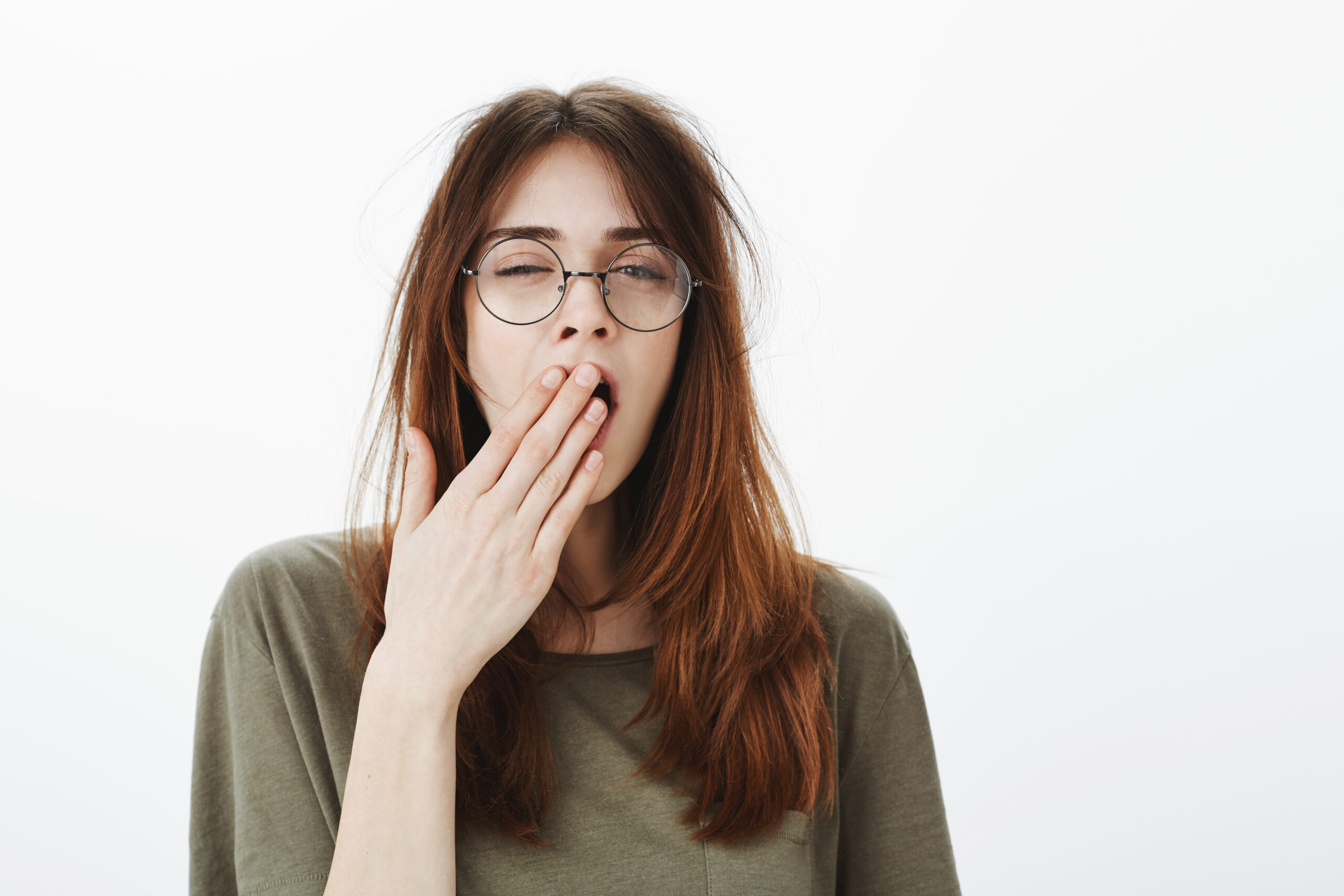
Do you struggle with snoring or have trouble getting a restful night’s sleep? What you may not realize is that dental professionals may have the solution to this common problem – sleep apnea mouthpieces. Often overlooked, these custom-fit oral devices have been shown to significantly reduce or even eliminate the symptoms associated with sleep apnea.…
Understanding Obstructive Sleep Apnea and How Your Dentist Can Help
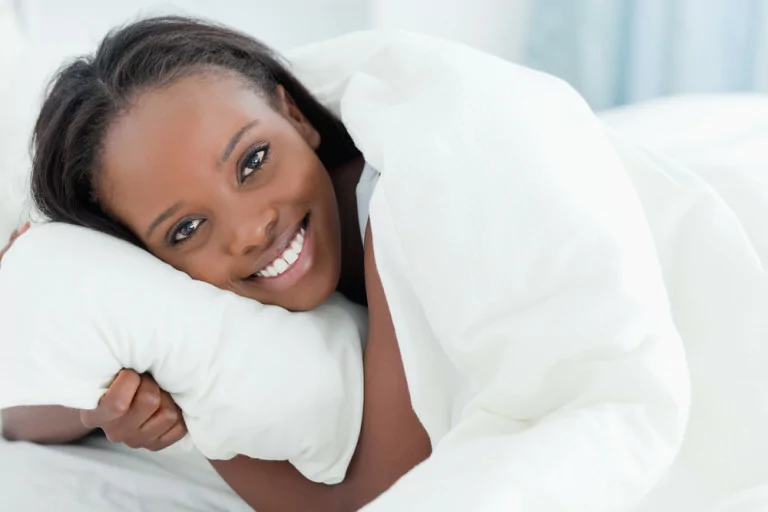
Obstructive sleep apnea (OSA) is a serious sleep disorder characterized by repeated breathing interruptions while asleep, which can lead to serious health complications if left untreated. This sleep disorder can affect your quality of life, your productivity, and your overall health and well-being. The good news is that you can collaborate with dental professionals to…
A Guide to Sleep Apnea Treatment Options from a Dental Perspective

Sleep apnea is a common sleep disorder that affects millions of people worldwide. It is characterized by brief pauses in breathing during sleep, which results in sleep disturbances, daytime fatigue, and respiratory problems. As a dental patient, you may not be aware that your dentist can play a crucial role in treating sleep apnea. In…
How Dental Treatment Can Help With Sleep Apnea

Sleep apnea is a common sleep disorder that affects millions of people worldwide. If you or your partner is experiencing loud snoring, frequent waking up during the night, or feeling tired even after a night’s rest, it’s important to seek treatment. One way to manage sleep apnea is through dental treatment, which can help to…
How Many AHI for Sleep Apnea Treatment?

Sleep apnea affects millions of people worldwide, and if left untreated, it can lead to severe health problems, including heart disease, high blood pressure, and stroke. Continuous Positive Airway Pressure (CPAP) therapy is a common treatment prescribed for sleep apnea patients. CPAP machines provide a continuous flow of air pressure to…
Sleep Apnea and Headaches: What Dental Patients Need to Know

Frequent headaches can be a debilitating symptom of a serious condition called sleep apnea. Sleep apnea is a common disorder where your breathing repeatedly stops and starts as you sleep. It can cause a variety of health problems, including hypertension, heart disease, and diabetes. Sleep apnea can also affect the quality of your sleep, leading…
How Dental Mouthguards Provide Relief to Sleep Apnea Patients
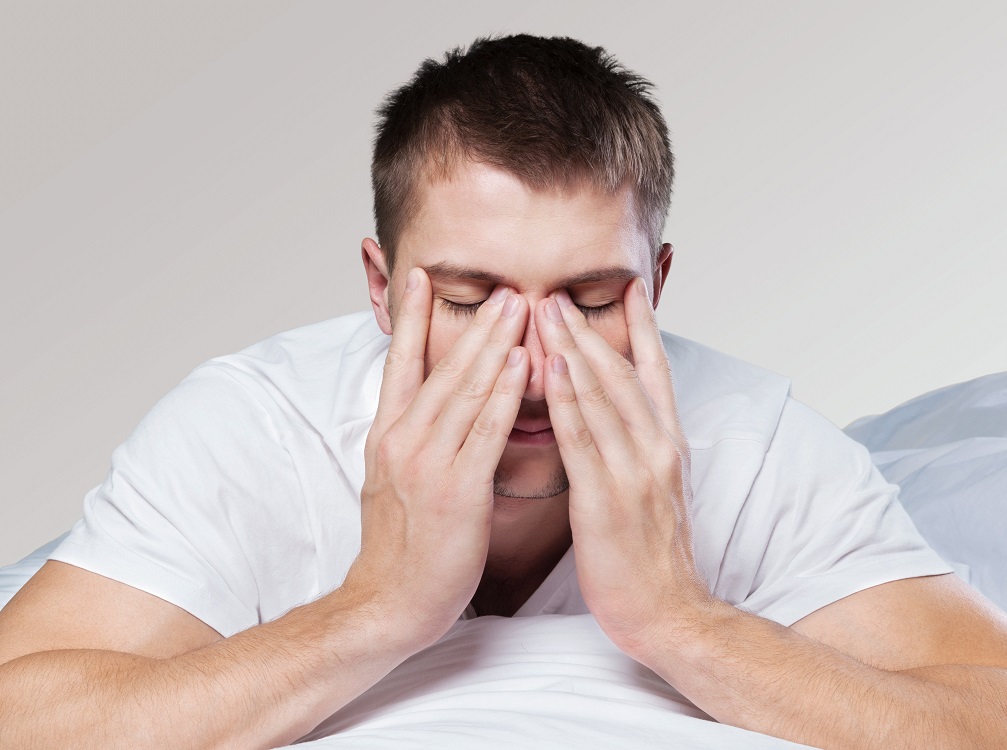
Sleep apnea is a serious sleep disorder that affects millions of people worldwide. It is characterized by repeated episodes of breathing disruptions during sleep. This can lead to a host of health problems, including high blood pressure, stroke, heart disease, and diabetes. The most common treatment for sleep apnea is Continuous Positive Airway Pressure (CPAP)…
How Dental Treatment Can Help with Sleep Apnea

Sleep apnea is a serious sleep disorder that can have dangerous consequences if left untreated. Fortunately, there are treatments available to help manage the symptoms of sleep apnea. One such treatment is dental treatment, which is becoming increasingly popular for those with mild to moderate cases of sleep apnea. Let’s explore how dental treatment can…
